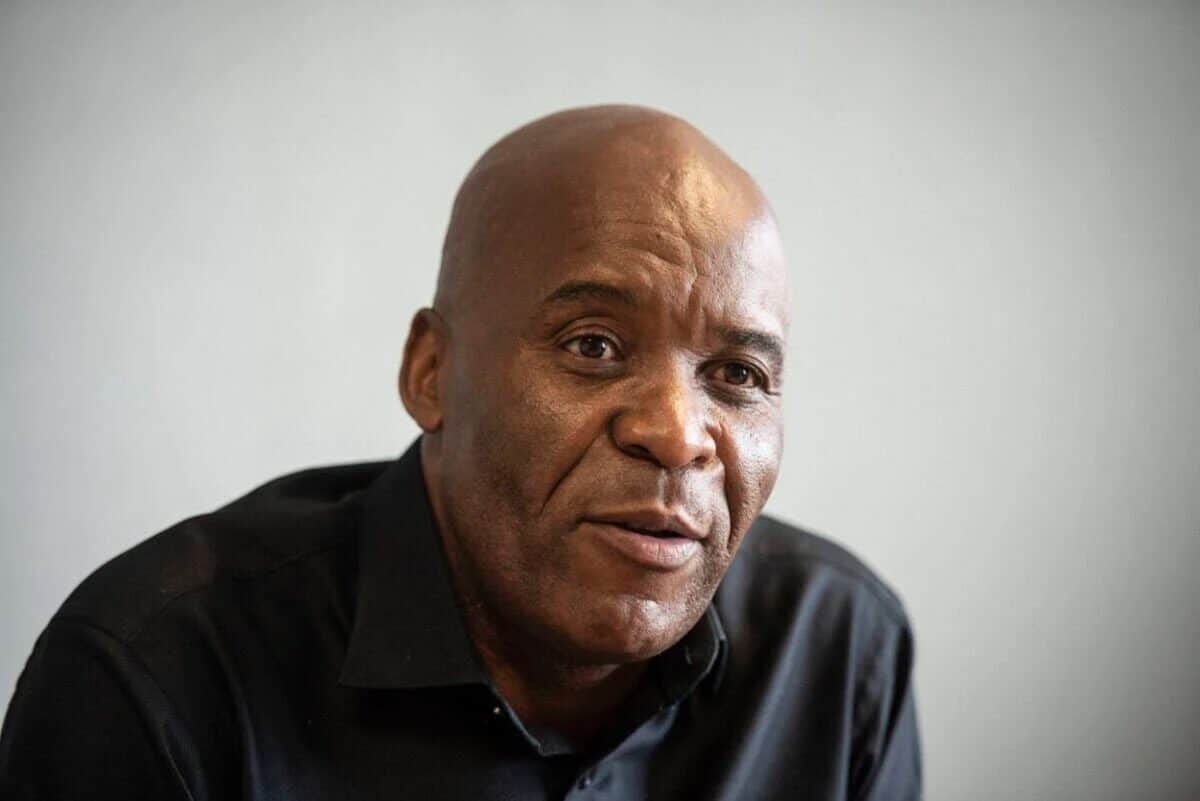After double billing accusations, Tshwane says a system glitch caused incorrect charges to 11 862 accounts, now being reversed.

The opposition in the City of Tshwane has accused the administration of double billing after it announced R4 billion in collections in October.
Deputy mayor and finance MMC Eugene Modise said: “As at 31 October, the city’s income stands at R4.088 billion, with R427 million, which was collected over this past weekend, contributing to cumulative collections that have exceeded expectations across all major revenue streams.
“This performance represents the collective effort of our teams, our stakeholders and residents who continue to support the city’s financial sustainability.”
Modise said the city collected R19.5 million above the funding plan target, achieving 100.4% of the goal and exceeding its forecast by R56.3 million, reaching 101.3% of projected outcome.
Tshwane’s R4bn collections spark double-billing accusations
“Surpassing the R4 billion mark is a reflection of resilience, strategic foresight and a shared belief in the city’s capacity to deliver excellence,” he said.
However, the DA’s Tshwane mayoral candidate, Cilliers Brink, said Modise was claiming double-billing as a success.
“The record levels of revenue collected by the Tshwane metro in October are in large part based on rampant double billing for waste collection and city cleansing,” Brink said.
ALSO READ: Relief for Kleinfontein?
“In the past month, the city proceeded to do credit control on disputed waste collection and city cleansing bills, despite widespread confusion and disorganisation about these charges,” he said.
Brink added that if the Supreme Court of Appeal sets aside the so-called city cleansing levy, much of the city’s revenue will have to be written back to the accounts of already overburdened consumers.
“A report that was served in the municipal council on Thursday last week indicated that Tshwane’s revenue collection had dropped from 93% compared to the same period last year, when the ANC-EFF-ActionSA coalition came to office,” he said.
Tshwane spokesperson Lindela Mashigo said Tshwane’s finance and information and communication technology teams had successfully corrected and thoroughly tested the billing system, which resulted in the unfortunate incorrect application of cleansing charges to certain municipal accounts.
System fix mistakenly added cleansing charges
“Following a detailed technical review and verification exercise, the system has now been reprogrammed to ensure that cleansing charges are only applied to properties that do not receive municipal waste collection services,” Mashigo said.
“The billing system error, which stemmed from a technical misconfiguration in the city’s billing system, was identified in recent months.
“Upon discovery, the city acted swiftly to investigate and correct the problem, reaffirming its commitment to transparency, accountability and fairness in all financial processes,” he said.
ALSO READ: Tshwane fixes billing error affecting more than 11 000 accounts
Mashigo said as part of the remedial action, a bulk adjustment process was implemented in October, impacting 11 862 accounts that were incorrectly billed.
“These accounts have now been rectified and customers will see the reversals reflected in their November municipal statements.
“Credit adjustments for the affected amounts are being processed in batches and will be visible on customer accounts by the end of November,” he said.
In the meantime, in another attempt to turn around the city’s books, MMC for economic development and spatial planning Sarah Mabotsa has released the first set of assets up for investment and growth.
Assets listed to drive city turnaround
She has invited interested parties to bid for the long-term lease, investment in and development of a number of city-owned properties.
Prospective parties can bid on properties such as the Pretoria Showgrounds, Sunnyside Mandela Corridor, Erf 43 Verwoerdburgstad, HM Pietjie Stadium Precinct, ODI Stadium Precinct in Mabopane, Erf 1932 Zwartkop and a variety of industrial properties in Rosslyn.
“The release of these assets brings this multiparty coalition government one step closer to bringing to fruition our ambitious goal of achieving economic growth of 3.9%, attracting between R17 and R26 billion in new investment and adding at least 80 000 new jobs to the economy of our capital city by 2029,” Mabotsa said.
NOW READ: Clean water, clean public spaces: This is SA’s favourite metro






